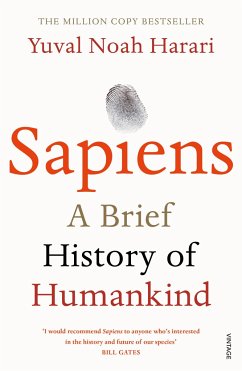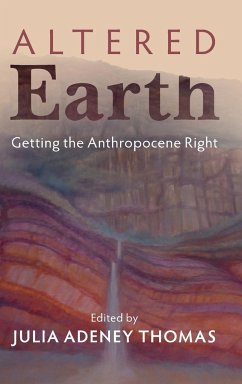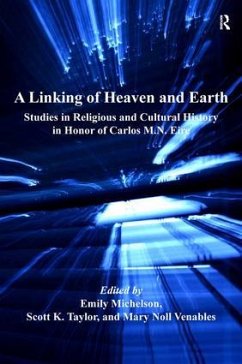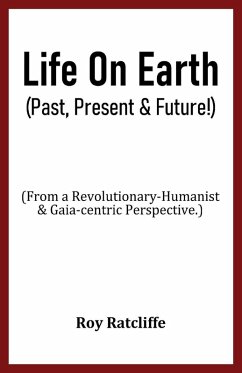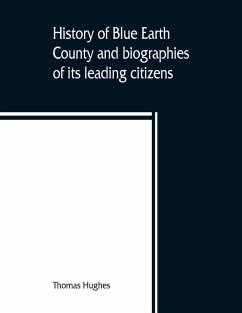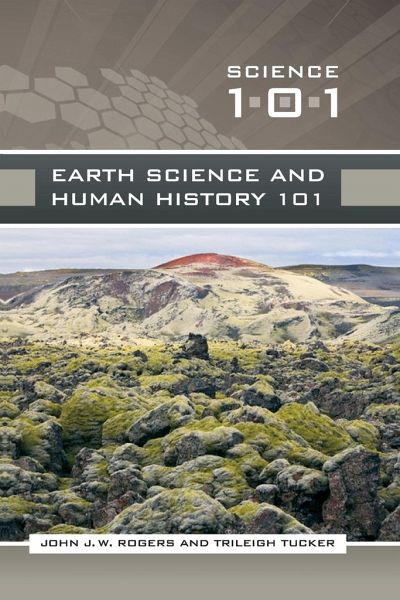
Earth Science and Human History 101

PAYBACK Punkte
17 °P sammeln!
How much has human history been influenced by the earth and its processes? This volume in the Science 101 series describes how both slow changes and rapid, violent, ones have impacted the development of civilizations throughout history. Slow changes include variations in climate, progressive development of types of tools and sources of energy, and changes in the types of food that people consume. Violent changes include volcanic eruptions such as the one at Toba 75,000 years ago, which may have caused diversification of people into different races, and the eruption of Santorini in 1640 BC, whi...
How much has human history been influenced by the earth and its processes? This volume in the Science 101 series describes how both slow changes and rapid, violent, ones have impacted the development of civilizations throughout history. Slow changes include variations in climate, progressive development of types of tools and sources of energy, and changes in the types of food that people consume. Violent changes include volcanic eruptions such as the one at Toba 75,000 years ago, which may have caused diversification of people into different races, and the eruption of Santorini in 1640 BC, which may have destroyed Minoan civilization. Other disasters are Hurricane Katrina in 2005 and the tsunami in the Indian Ocean in 2004.









